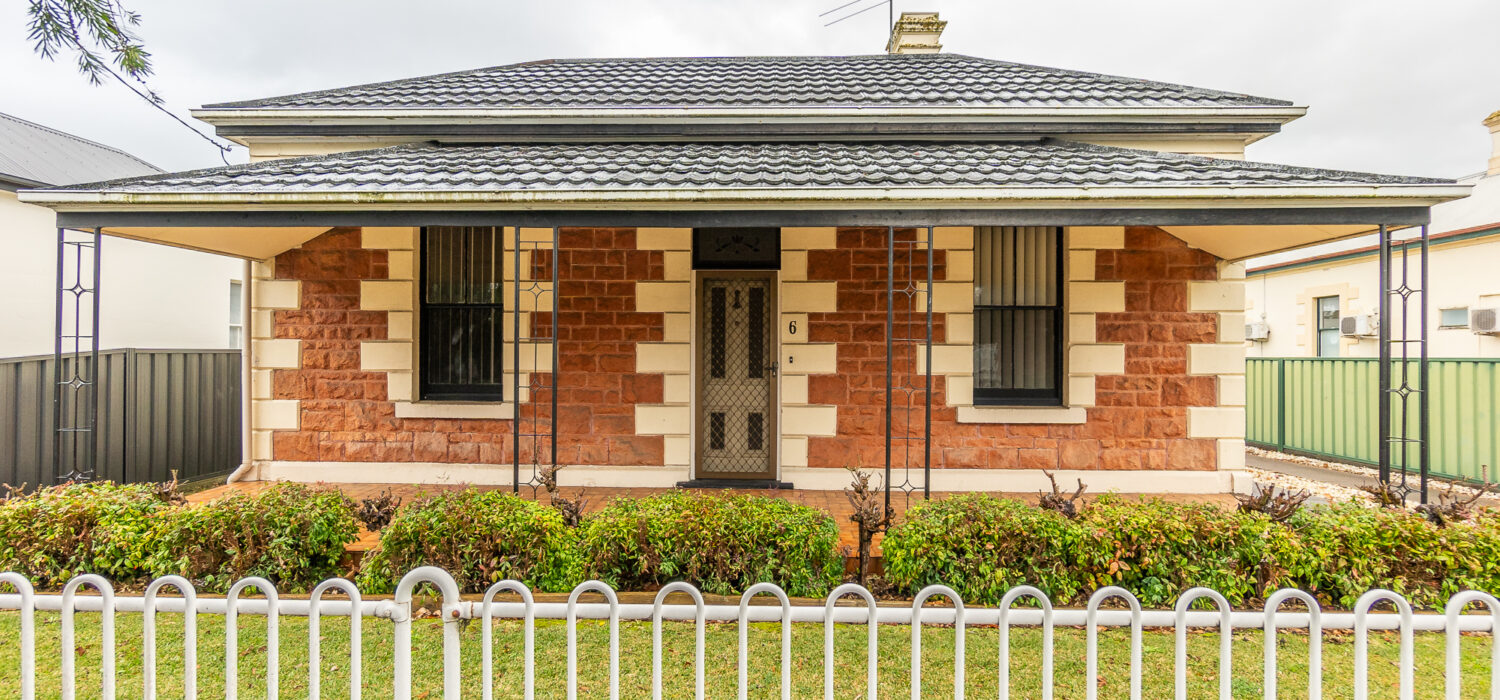Equity is a complex financial tool, which when understood and utilised successfully, can help homeowners make significant life investments.
In this blog, we’ll explore what equity is, its impact on buying a home or investment property, and how you can leverage it wisely.
Equity is the difference between the current value of your home and the amount you still owe on it. For example, if your home is valued at $400,000, and your remaining mortgage is $220,000, your equity stands at $180,000. This is a financial asset that holds immense potential. It can be used as collateral with banks, allowing you to borrow against it for various purposes such as home extensions, starting a business, buying a car, or even funding a dream vacation.
Banks typically lend up to 80% of your home’s value, subtracting the outstanding debt. This amount is termed as ‘useable equity’. To illustrate, if your property is valued at $400,000, with a mortgage of $220,000, your useable equity would be $100,000 (80% of $400,000 minus $220,000 equals $100,000).
When contemplating an investment property purchase, a practical guideline is to multiply your useable equity by four. In the example above, with $100,000 useable equity, this would translate to a maximum investment property purchase price of $400,000. The rationale behind this rule is to account for the fact that banks typically lend 80%, it is important to account for the remaining amount, including a deposit and purchase costs.
While equity can be a powerful tool, it’s not without risks. Lenders assess various factors, including income, age, family size, and existing debts, before approving equity-based loans. It’s crucial to maintain a financial buffer and not exhaust all usable equity, ensuring protection against unforeseen circumstances.
Equity grows through a combination of repayments, capital growth, and property improvements. Diligent loan repayments contribute to building equity over time, especially with principal and interest repayments. Additionally, capital growth, a result of property value appreciation, can increase equity. Property renovations, such as adding rooms or enhancing key areas, also play a role in increasing a property’s value and subsequently, its equity.
In conclusion, understanding equity is pivotal in navigating the real estate landscape. It’s a dynamic financial asset that, when harnessed wisely, can open doors to new opportunities and wealth creation.
We encourage our clients to approach equity with careful consideration and seek professional guidance to ensure sound financial decisions.
















